Blogging Political Geography

There are so many aspects of a researcher's job that are not well reflected in most academic writing: exchange of ideas at conferences and workshops, methodological dilemmas, insights in the field, or resonance in the everyday, that are "too small" to "make it" as a full-size paper or chapter... This blog aims to make space for insights that happen within the scope of academic work, but do not always make it "out". It offers us, members of the Political Geography research group, the possibility to exercise the ability to be present differently in the field and other research settings. It allows us to cultivate an awareness to events and details that might fall through the cracks of more conventional academic writing.
With this blog, members of the Political Geography research group also explore other forms of writing than journal articles, book and theses chapters. We tackle issues that inspire us, namely around the themes of the politics of resource extraction, power and identity, violent terrirotialisation, and “north-south” power asymmetries.
-

Mini posters of research in Human Geography
Bachelor students applied different methods to topics such as labour, nature and landscape, climate change and resource use seen from a human geography perspective. Their results are summarised in mini posters.
-

A creative visualization of the Concept of Uncertainty based on Three Academic Writings
Sarah Mark visualizes her reflections on various aspects of uncertainty through a painting. Uncertainty is a constant variable, influencing our decisions, actions and perceptions. During my smallgroup teaching lesson this fall, I learned about the concept of uncertainty. To conclude the lesson, I tried to visualize different aspects of uncertainty, described in the articles we […]
-

The Power of Reliability: How Do People Feel About the Most Common Energy Sources?
Marco Stutz examines the change in energy perception in German-speaking Europe between 2007 and 2023.
-

Appropriating Indigenous Sovereignty: The “Sovereign Citizens Movement” in Australia
Patrick Lucas Regobert Krüsi explores how Indigenous discourses against colonial violence are coopted and appropriated by a new motley crew of civil disobedience enthusiasts from the ‘Sovereign Citizens movement’ in Australia.
-

Do You Hear the Taiwanese People Sing?
Lauren Yu-Lou Wang writes an autoethnographic essay on Taiwanese protest music and what it means both in its global standing and cross-strait relations with China.
-

Unraveling Water Governance in Arizona: A Historical Tale of Colonial Exploitation in the Navajo Nation
Ella Schubiger creates an original ArcGIS story map exploring Indigenous land use and colonial water relations in the Navajo Nation through the fictional life of one indigenous member. Read her introduction to this project below. Explore the project HERE. Ella Schubiger is a postgraduate scholar at the Geography Department at the University of Zurich. Written […]
-

An Alternative Travel Guidebook to Bocas del Toro, Panama
Uncovering Colonial Logics and their Embodiment in Bocas del Toro’s (Panama) Residential Tourism Development: A Feminist Political Geography Analysis Mirjam Steiger creates an alternative travel guidebook and presents a political geography analysis on the colonial logics in the residential tourism development in Bocas del Toro, Panama. Bio: Mirjam Steiger is a Geography postgraduate scholar at […]
-

Inner borders: Paris and its Banlieues
Michelle Welter created a podcast episode where she speaks with Parisian Banlieues residents on lived realities around urban borders and the complexities of its rich and violent spatial histories and politics in Paris. Read her introduction to the episode below. Michelle Welter is a postgraduate scholar in the Department of Geography, at the University of […]
-

Kneading Unity: The Dough of Regionalism in Shaping Italian Identity
Lorenzo Peerani created an original Children’s Coloring Book based on his essay on critically rethinking Italian regionalism and borders between regions. Read his introduction below: Lorenzo Peerani is an MA Geography postgraduate scholar at the University of Zurich. Created and written by: Lorenzo Peerani Edited by: Jasnea Sarma The tale of Mozzarella, Flour, Tomato, and […]
-
“Kamituga Digital Gold” Exhibition goes to the DRC, Africa!
The “Kamituga Digital Gold”, an immersive exhibition by PGG Ph.D. scholar Gabriel Kamundala goes from the Zurich Design Museum in Switzerland all the way to Africa in the DR Congo!
-
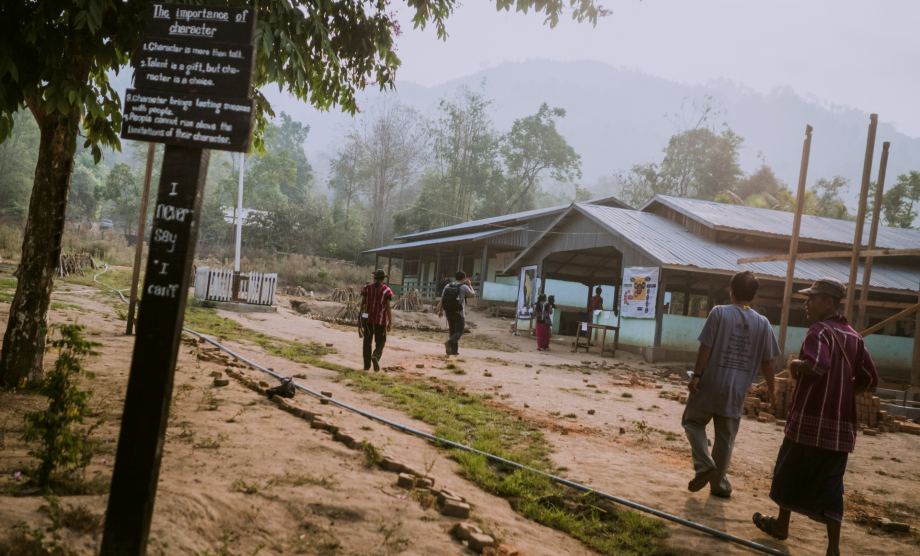
Introducing Shona Loong: the journey so far, the path ahead
The Political Geography Group (PGG) welcomes Dr Shona Loong, who joined as a Senior Scientist in January 2022. Her research focuses on conflict transformation, peacebuilding, and the politics of international development. Read more about her work and ethos towards research here.
-
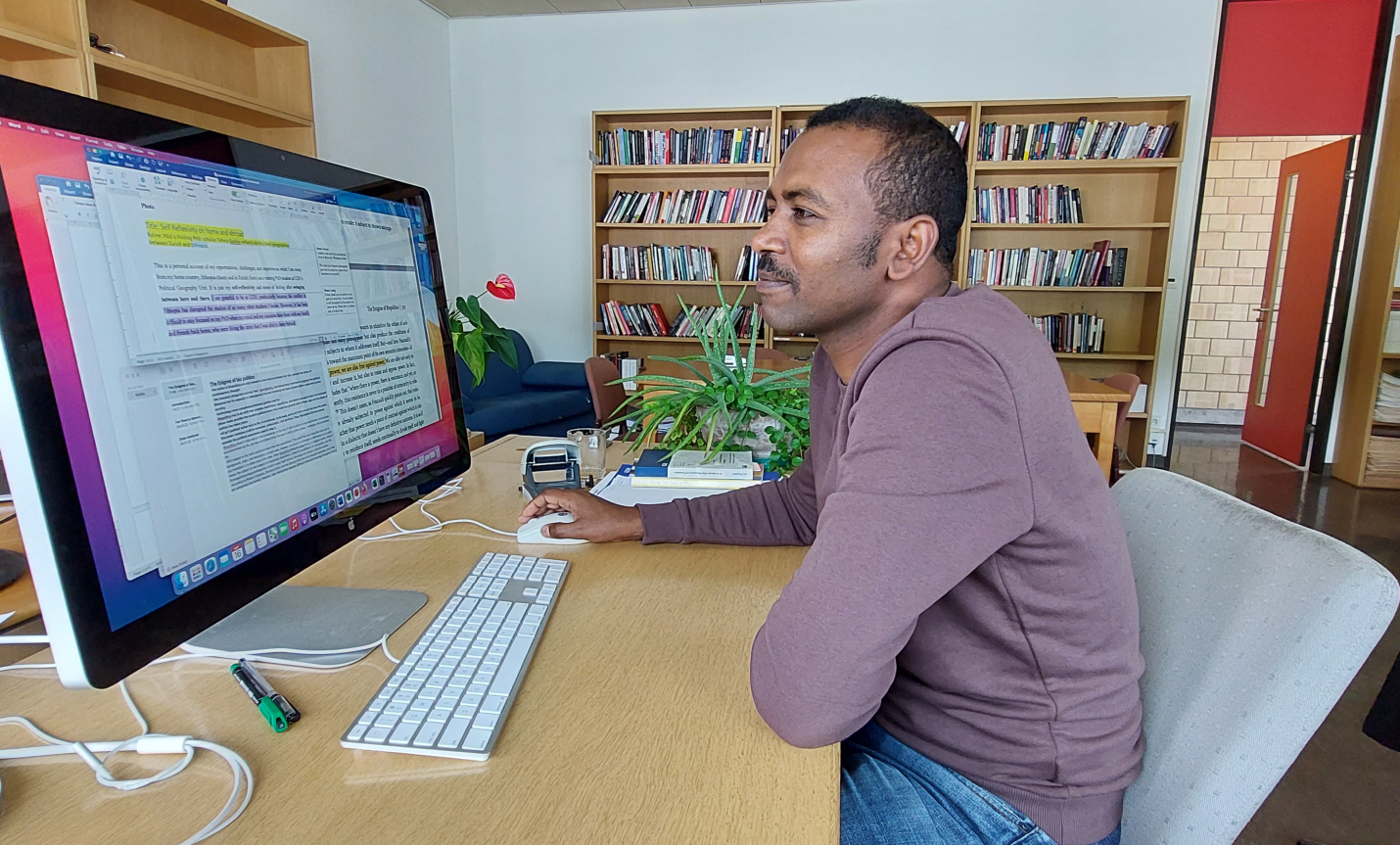
Reflections and reflexively between Ethiopia and Switzerland
PGG’s Visiting PhD. scholar Tefera Goshu reflects on his lived geographies between life as a visiting scholar in Zurich and as a citizen and researcher of agrarian change and politics of Ethiopia.
-

Academic Practice in the Time of Corona
COVID-19 has unsettled a lot of people in their personal and professional lives. There are anxieties and frustrations among young and aspiring academics whose projects have delayed or completely derailed and now face uncertain career futures. The blog post is a personal reflection that focuses on the changing (and unchanging) practices in academia to suggest that during the pandemic (where online exercises are expedient and ubiquitous), young scholars (and indeed others) are settling for watered-down academic experiences. The pandemic experiences, spoken of in global and universal terms, gloss over widening academic disparities that leave behind scholars with fewer privileges, especially from economically deprived regions of our planet.
-

Patriotic Science – The Corona Virus Pandemic, Nationalism, and Indigeneity
On March 26th the Chairman of the GMOA, Consultant Pediatric Neurosurgeon Anuruddha Padeniya, extolled the virtues of pirit, or ritual Buddhist chanting, on national TV.
-
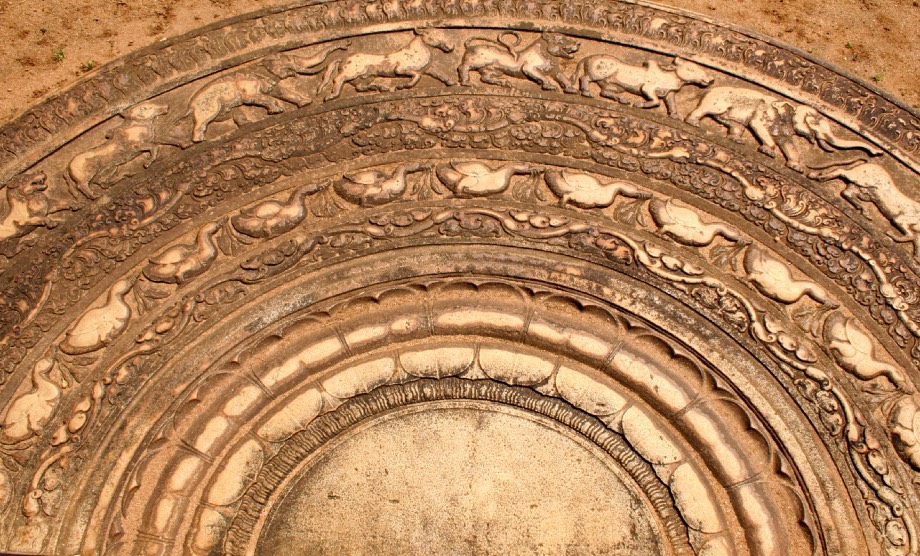
Menschen auf mittleren Wegen in Zeiten von Wandel und Abwegen
Derek Gregory meinte einmal, Forschende sollten mehr nicht-akademische Literatur lesen. Manuka Wijesinghes neu auf Deutsch erschienener Roman ist dafür eine gute Gelegenheit: für Sri Lanka Forschende ebenso wie für alle am menschlichen Leben interessierte LeserInnen.
-
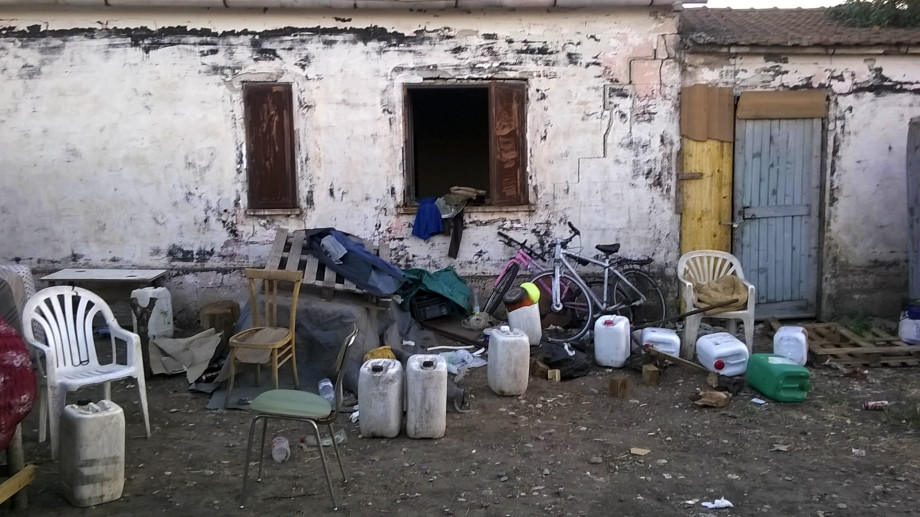
Exploitation and illegality of migrant workers in the Italian agro-industry
In 2015-16 I undertook a thesis and fieldwork on the plight of African migrant workers in the South of Italy. The thesis focuses on Italy’s tomato plantations, in the area of Foggia (Puglia) and the Vulture Alto Bradano (Basilicata). Each Summer, tomatoes which will end up on supermarket shelves around the world are being picked by these labourers in the South of Italy, at prices that beat all competition. These low prices have a high cost, however, which is increasingly carried by the land, the producers and precarious farm workers.
-
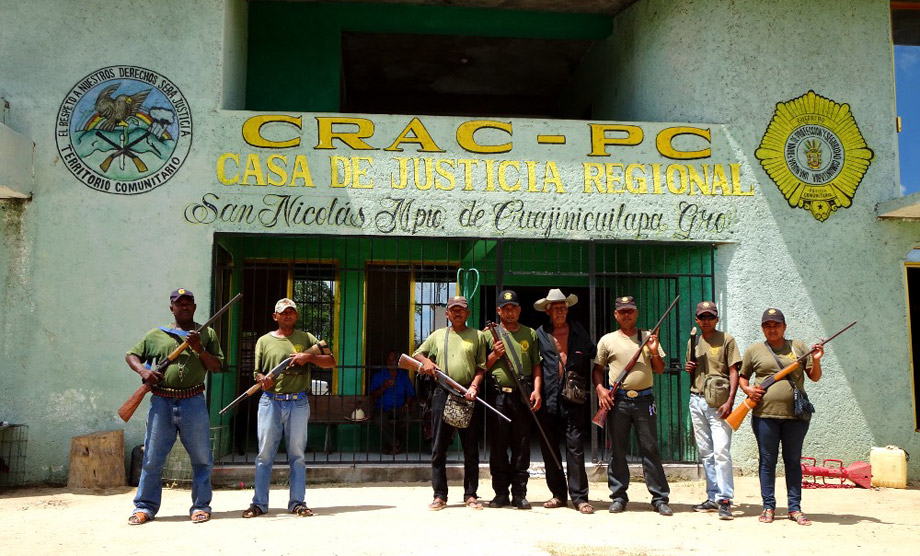
Reflexive Research on the case of Communitarian Police Forces in Mexico: How a Contested Field of Research and Empowered Interviewees Changed my Focus
For a few years, vigilantism is gaining more attention, both in Mexico and worldwide. Vigilante movements are usually regarded as non-state organizations engaged in security tasks in situations where state organizations are either too weak or unwilling to uphold the monopoly on violence. But the situation is often much more complex...
-
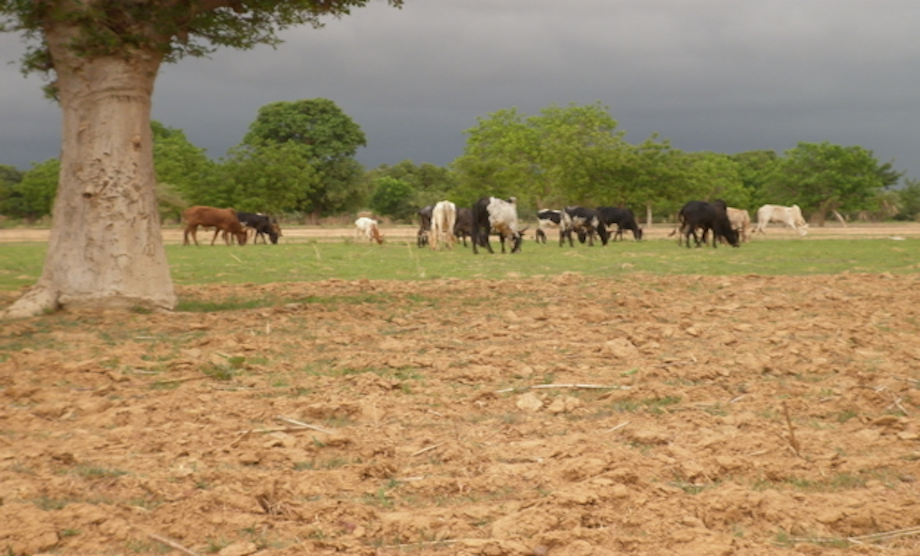
Julian Kaiser reflects on his master research project in Ghana
Julian Kaiser defended in February 2019 his master thesis entitled “Good herder, bad herder – understanding the construction of Fulani herders’ identities by the local community in Agogo, Ghana”. It is embedded in the problematic of often violent conflicts between farmers and herders that can occur in West Africa around the damage of agricultural fields by cattle herds.
-
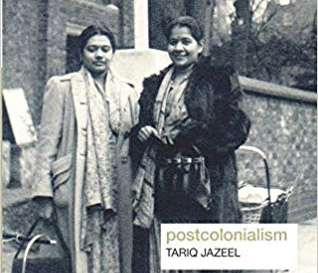
On postcolonialism, singularity and territories of thought
Dr. Tariq Jazeel, UCL, came to give a public lecture and a seminar on his new book "Postcolonialism" at our department on 26th February 2019. The seminar was very well received and we continued discussing about his work and how it is relevant to our own. Thamali Kithsiri, Benedikt Korf, Timothy Raeymaekers and Daniel Wolfe met to talk and think more about his inspiring work and ideas. From this initial impetus, a vivid discussion about the geographies of knowledge and the geographies of theory in a postcolonial world ensued.
-
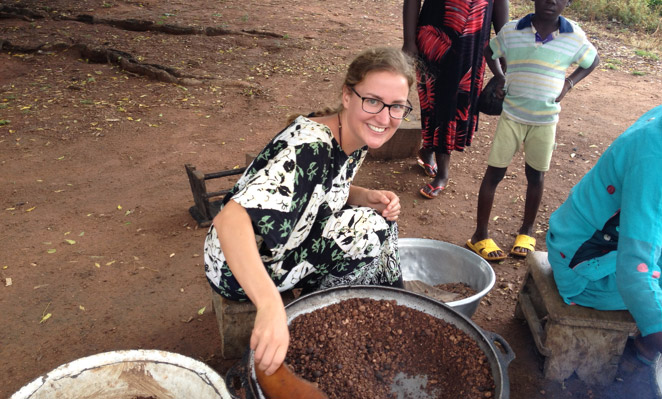
Decisions have consequences: Contrasting stories of shea butter & community conservation in Ghana
At first glance, they seem identical - Two neighbouring communities, Murugu and Kaden, bordering Mole National Park in Ghana. Both are surrounded by savannah with scattered trees in farmed and fallow lands, where women collect shea nuts.